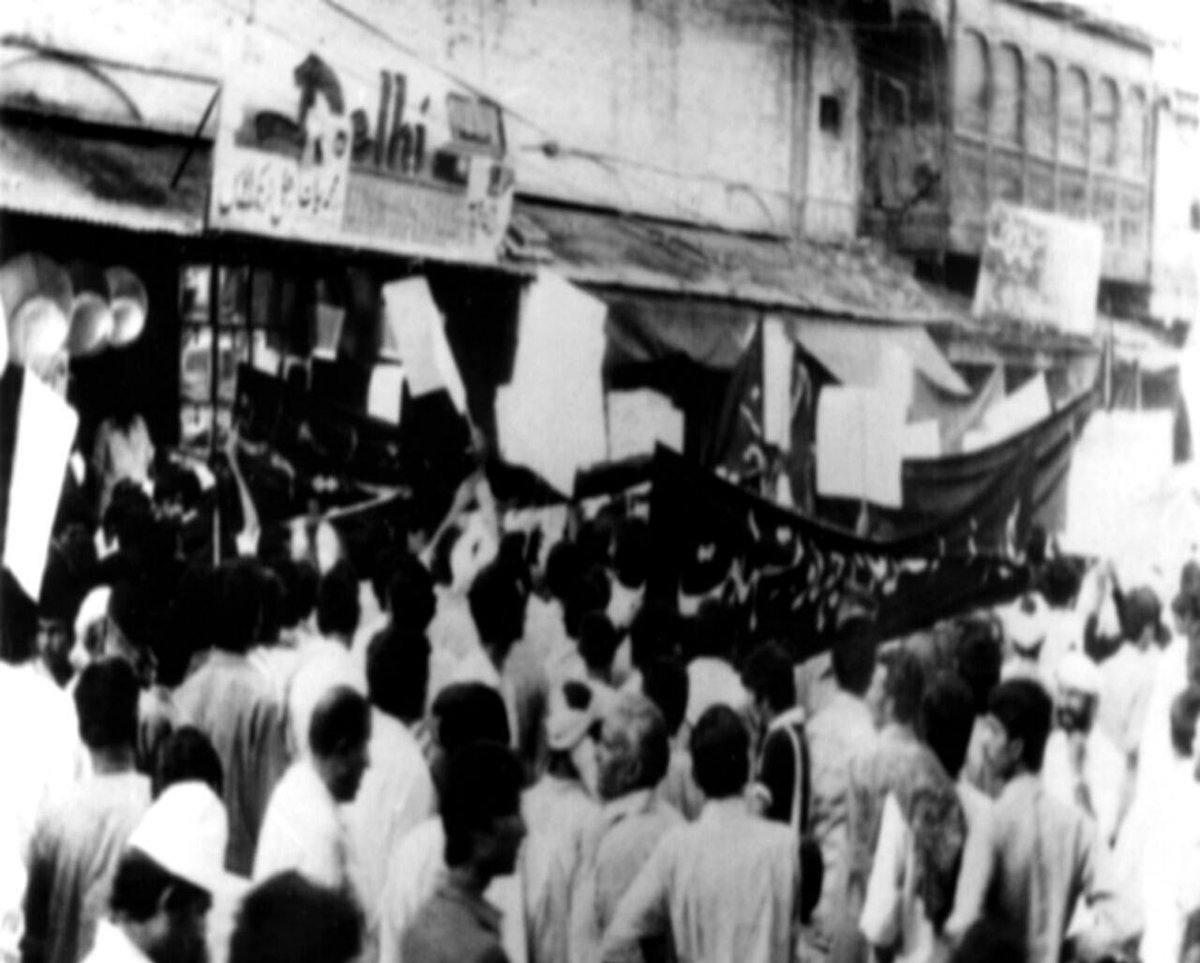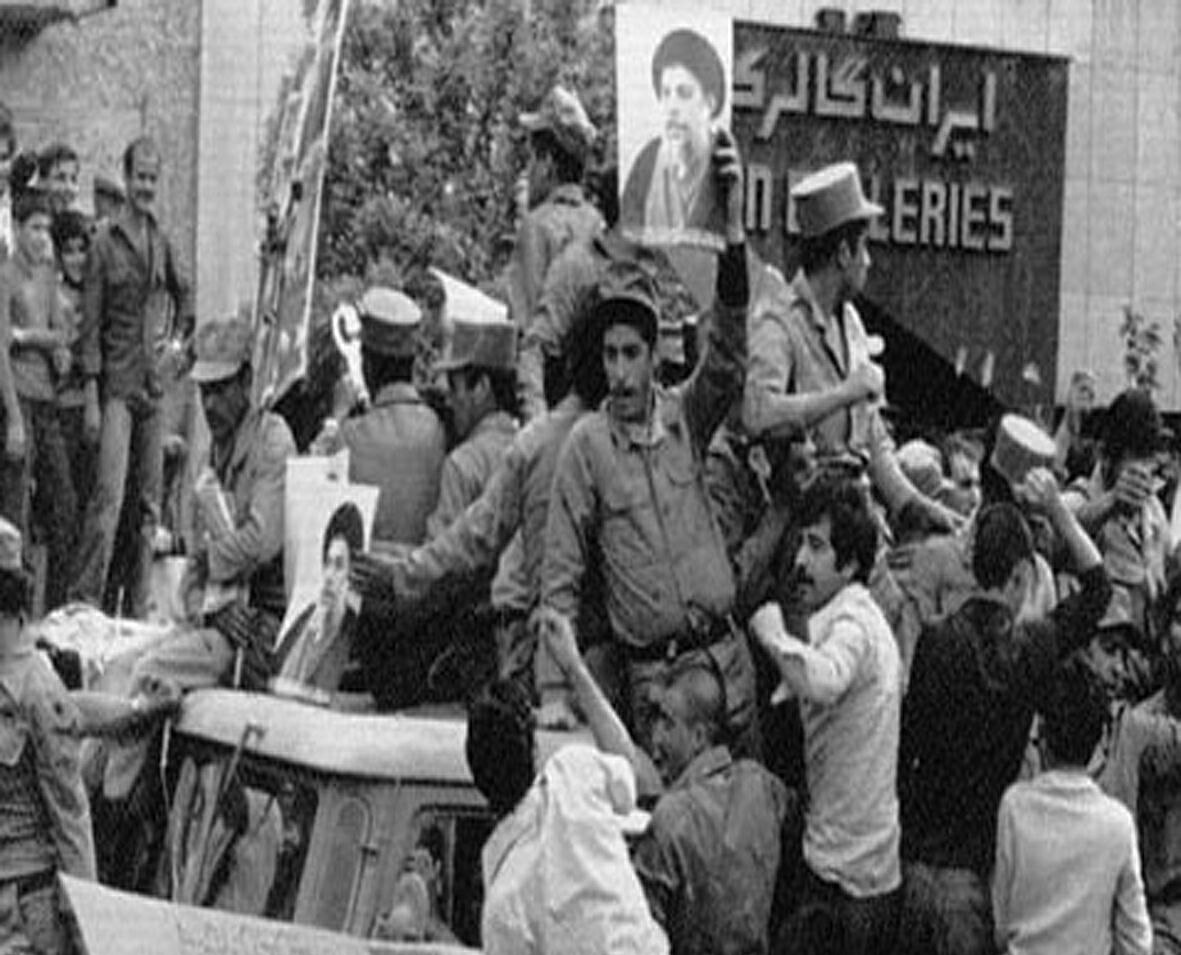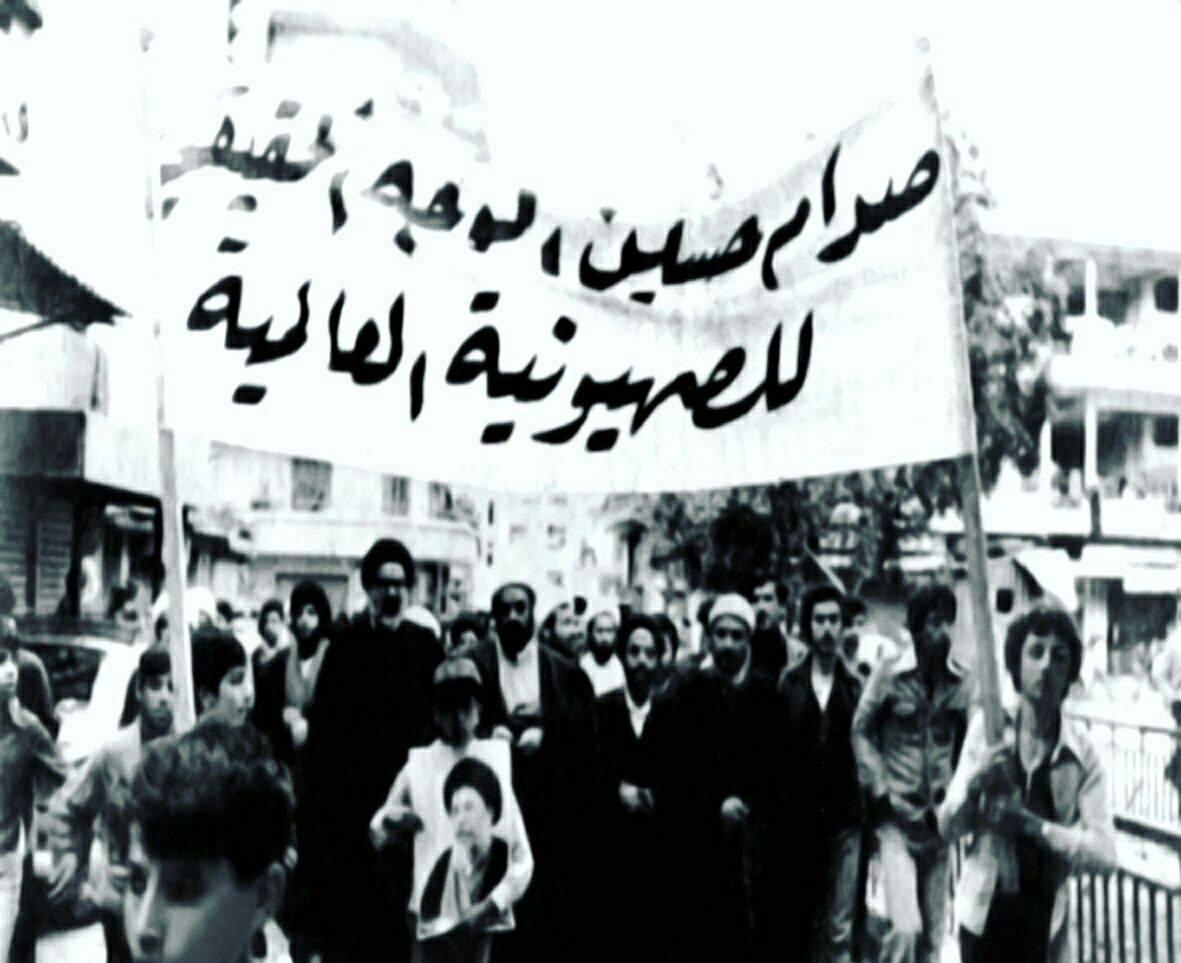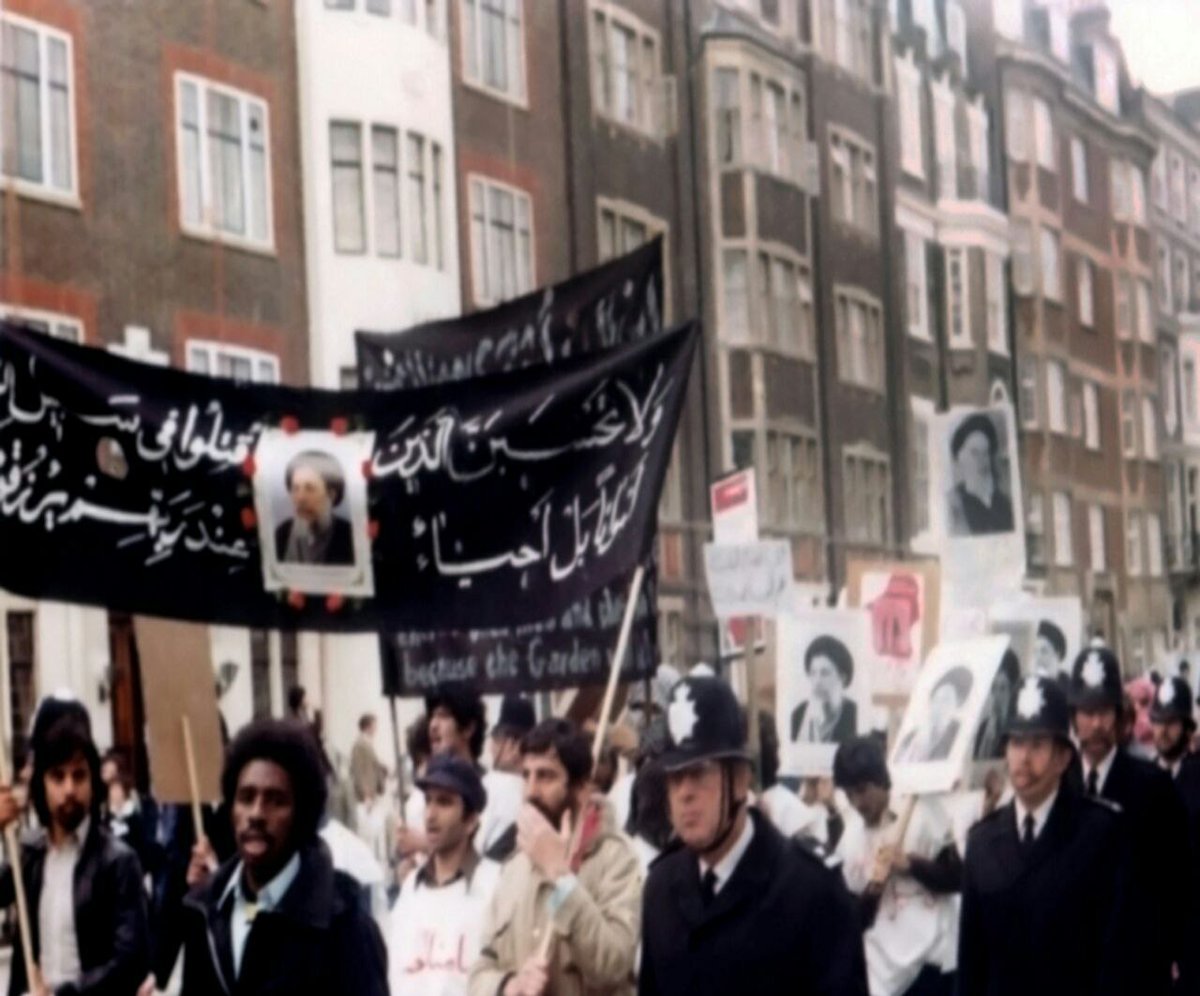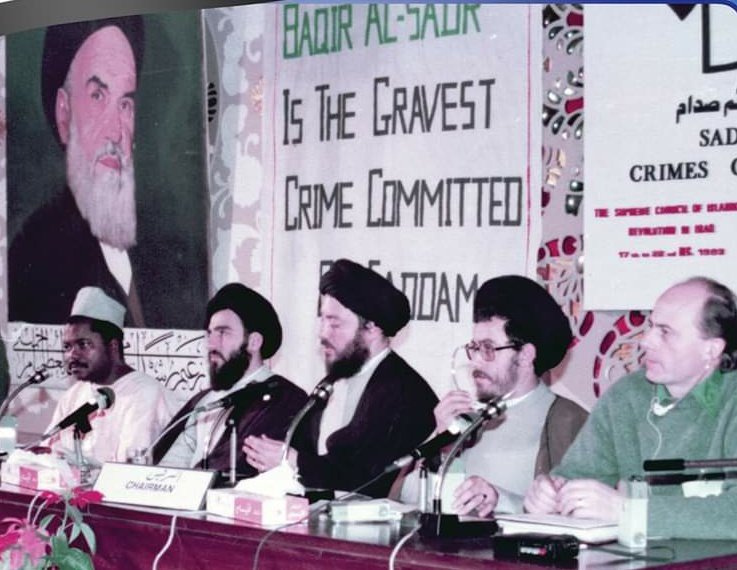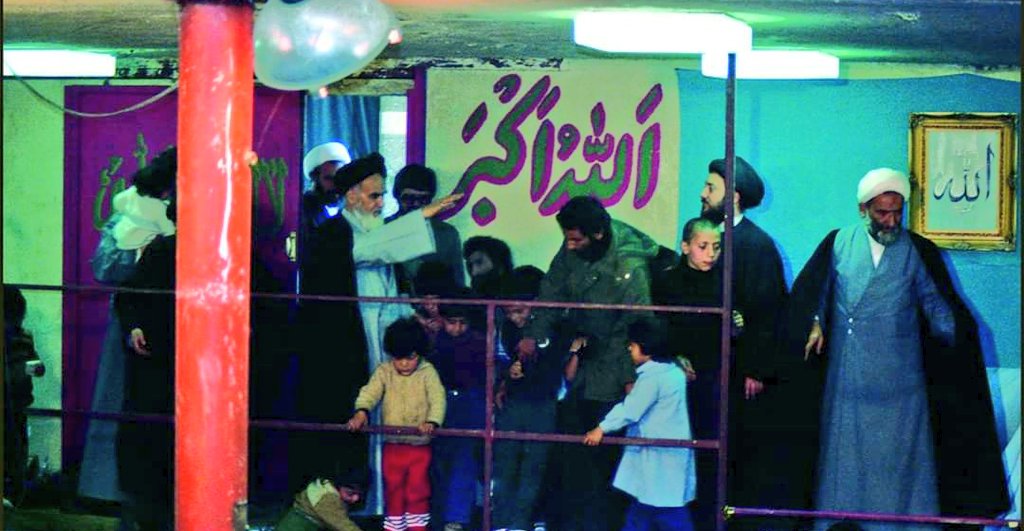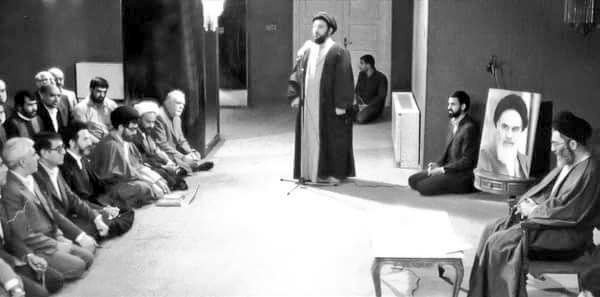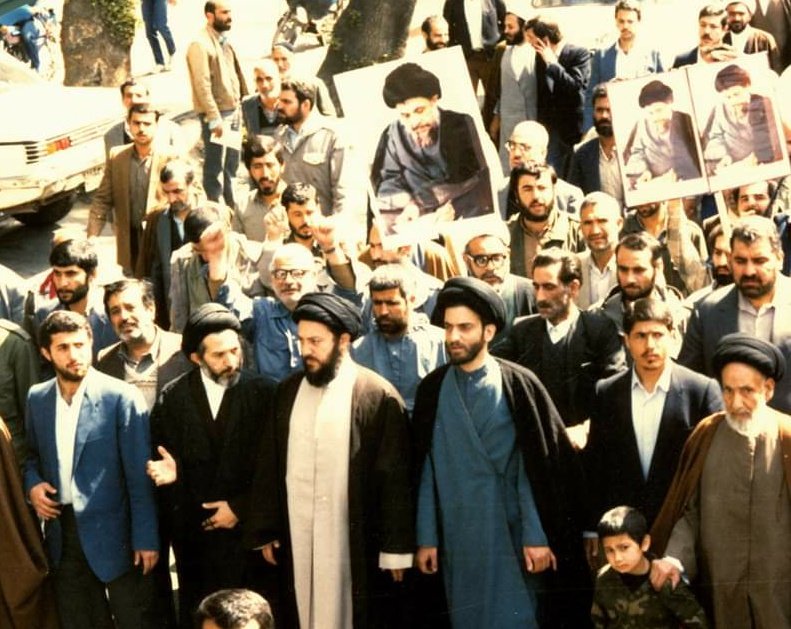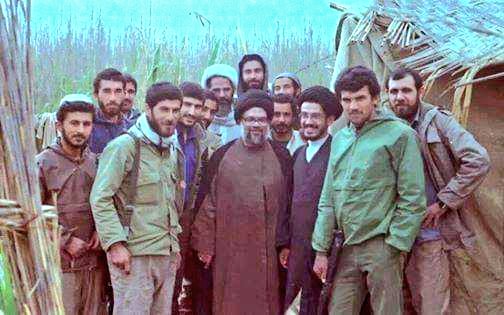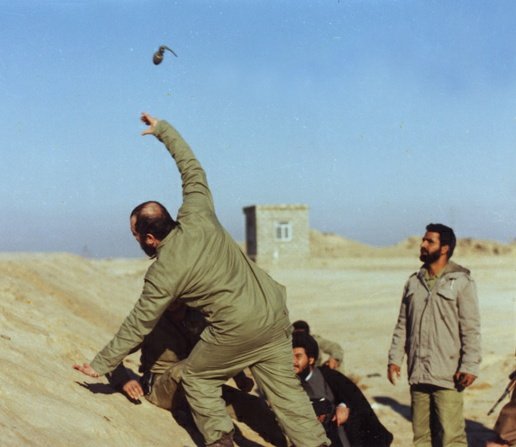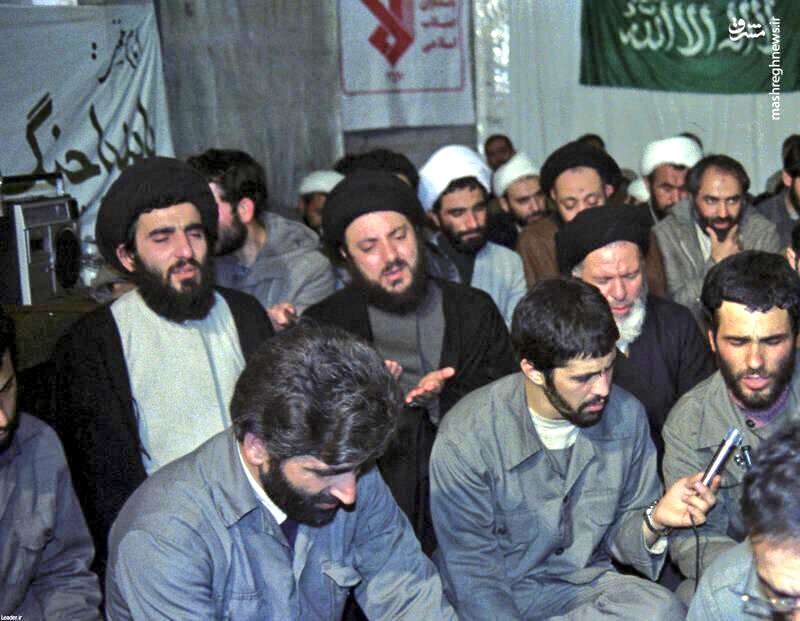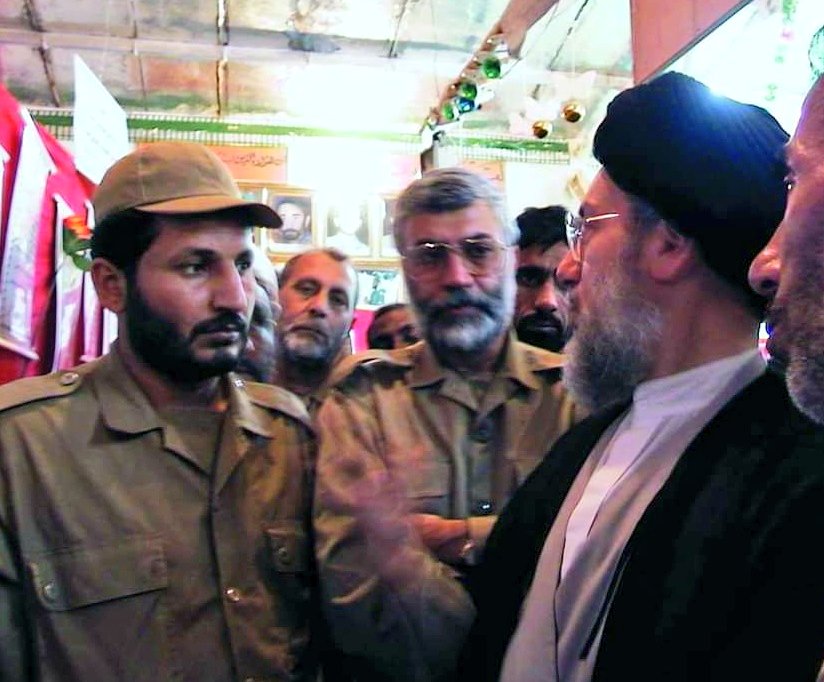To be frank, I am very much against the idea of portraying the life and legacy of Sayed Muhammad-Bāqir al-Sadr as though it was all sunshine and rainbows, or that his greatness was welcomed with open arms - not because I want to be negative, but because that simply is not true.
We like to hear about his theories and charisma; and we find it enough to just know he was assassinated by Saddam and was martyred quite young compared to his peers and considering his ambition. The truth is that the questions we should be asking are very different in nature.
We should be asking what happened and how he was left alone and unsupported. We should be asking where the people were, where many of the other scholars were, what they did for him, etc. These are the brave questions. These are the questions that eventually show the truth.
We should be asking why the Ummah did not do enough to protect the Sayed. We should be asking what mentalities in the Shi& #39;a community had imprisoned people& #39;s minds and spirits and kept them from recognizing the dangers and losses at stake if he were to be martyred.
Let it sink in that this unique genius, who was a mujtahid by the time he was mukallaf and did not have to emulate another jurist in his life, as in Falsafatuna, p.20, was arrested several times before his final arrest. The lines were crossed more than once. This is documented.
Let it sink in that when the officers came to his house that last time because the authorities wanted to see him in Baghdad, he refused to visit Saddam and & #39;chose& #39; to be arrested. He went inside and said goodbye to his family, knowing he would be martyred. (Sumuw al-Dhāt, p.228)
Sayed Abdullah al-Ghurayfi says that in the final arrest, Saddam himself ran the operation. He says Saddam would curse and insult the Sayed with profane expressions, and order his guards to strike him. He says Saddam struck the Sayed, dismantling his face and splitting his head.
Then, Sayed al-Sadr watched as they dragged his noble sister on the floor before him. She was unconscious due to the torture she underwent in the other room. When he saw her, he told Saddam: "If you are a man, then untie me.." Saddam grabbed a scourge and struck her in response.
He then shot the Sayed and his sister and left the room "cursing aloud like an insane person". God knows what else took place and what other methods of torture were used. There are many books one can refer to, as well as many scholars who are still with us and remember firsthand.
But once again, these are the calamities that the Sayed met at the hands of Saddam and his criminals. Everyone knows their wickedness. One should look into the suffering that Sayed Muhammad-Bāqir al-Sadr experienced in some scholarly circles. Remember: revolutions begin within!
There were protests condemning the assassination in Lebanon, Pakistan, London, Tehran, and some others. Imam Khomeini put out his famous statement calling upon the Iraqi people to wake up and disassociate with Saddam& #39;s regime and its oppressive crimes. (Sumuw al-Dhāt, p.222)
Some of Sayed al-Sadr& #39;s top students, such as Sayed Muhammad-Bāqir al-& #39;Hakeem and Sayed Mahmoud al-Hāshemi al-Shāhroudi began working for the Islamic Revolution in Iraq, leading conferences, organizing protests and meeting with Imam Khomeini and Imam Khamenei.
Years after, the students of Sayed al-Sadr fought alongside the Islamic Republic of Iran against Saddam. Here are some photos of prominent Shi& #39;a scholars during the war. Relations were built: in one photo, you can see Sayed Muhammad-Bāqir al-& #39;Hakeem next to Abu Mahdi al-Muhandis.
The truth is we all have a duty today: know the mistakes of those before us to avoid them while we are being tested. To conclude, I will share a tweet I saw earlier today by a Lebanese scholar who asks what I began this thread by describing as "the right question":
Sheikh Hussein Zeineddine asked: "Not for a single day was the Islamic world empty of a jurist suitable for leadership, but have we ever thought of the people& #39;s responsibility to enable him, sacrifice to protect him and obey his orders?"
https://twitter.com/sheikhhusseinzd/status/1248300774750326785?s=19">https://twitter.com/sheikhhus...
https://twitter.com/sheikhhusseinzd/status/1248300774750326785?s=19">https://twitter.com/sheikhhus...

 Read on Twitter
Read on Twitter